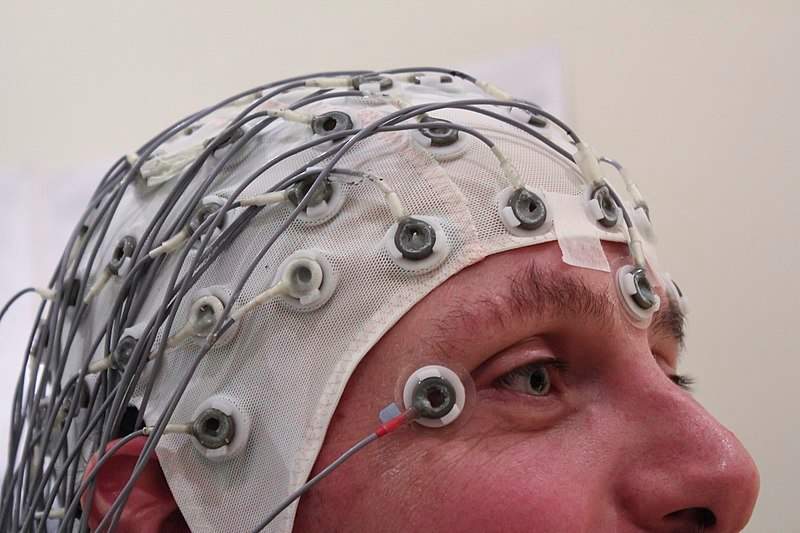
Ovid Therapeutics has commenced two Phase ll ELEKTRA and ARCADE trials of OV935/TAK-935 for the treatment of paediatric patients with rare epilepsies.
The company has already randomised the first patient in the ELEKTRA trial to receive either OV935 or placebo, as well as conducting patient screening for the ARCADE trial.

Discover B2B Marketing That Performs
Combine business intelligence and editorial excellence to reach engaged professionals across 36 leading media platforms.
Both trials are being carried out in partnership with Ovid’s collaboration partner Takeda Pharmaceutical Company.
Ovid Therapeutics chief medical and portfolio management officer Amit Rakhit said: “Ovid understands the importance and need of bringing novel and potentially transformative medicines to people with developmental and epileptic encephalopathies (DEE) as quickly and early as possible.
“With a shared commitment to patients, Ovid and Takeda are hopeful that OV935 will offer a much-needed therapy to those within the DEE community, and we look forward to exploring its potential benefit for patients and their families.”
ELEKTRA is a multi-centre, randomised, double-blind, placebo-controlled, parallel-design, clinical study evaluating OV935 in paediatric patients with Dravet syndrome or Lennox-Gastaut syndrome (LGS).

US Tariffs are shifting - will you react or anticipate?
Don’t let policy changes catch you off guard. Stay proactive with real-time data and expert analysis.
By GlobalDataIt aims to enrol 126 patients between ages two and 17 at multiple clinical sites worldwide.
The trial’s primary endpoint is change from baseline in seizure frequency in patients treated with OV935 against placebo by disorder.
Its secondary endpoints comprise safety, tolerability and pharmacokinetic (PK) assessments, as well as the percentage of patients considered treatment responders, changes in Clinician’s Clinical Global Impressions of Severity and Change (CGI-S/C) and others.
The ARCADE trial is a multi-centre, open-label, pilot study designed to analyse OV935 for the treatment of epileptic seizures in paediatric patients with CDKL5 deficiency disorder (CDD) or Duplication 15q (Dup15q) syndrome.
It is expected to recruit around 30 patients, including 15 children aged two to 17 with each condition, at various clinical trial sites in the US.
The primary endpoint of the trial is change in motor seizure frequency in patients treated with OV935 by disorder (CDD and Dup15q).
The key secondary endpoints comprise safety and tolerability, including percentage of participants considered treatment responders, change in CGI-S/C and correlation of OV935 concentration, as well as plasma 24HC levels.





